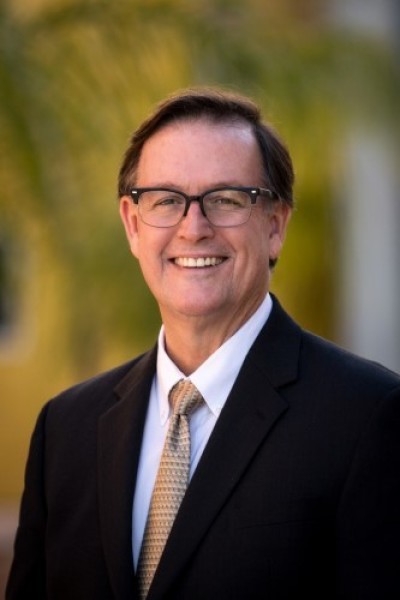What it looks like to be exceptionally employable

I am well aware of the conversation and debate regarding the difference between education and training. Many who have heard me speak about being “exceptionally employable” have gently suggested that perhaps a focus on being exceptionally employable is not a good aspiration for a liberal arts university.
You have probably heard the tales of liberal arts graduates having to find work in the food or retail industries because they are not employable elsewhere. You have also probably heard the other side of the argument: The university is always resistant to change and prepares students for a world that passed 20 years ago when its professors were graduating from college.
I would like to respectfully disagree with both of those ideas.
I have spent more than 30 years in some form of pastoral ministry. Over the years, people have asked me, “In the Great Commission, which is more important: evangelism or discipleship?” My answer has always been “yes!” Both are absolutely vital. You cannot have discipleship without evangelism, and evangelism without discipleship violates the biblical exhortation in John 16 to “bear fruit that remains.”
I think the same way about university education. University education equips students with the ability to think, read, write, and speak well, along with other important life skills.
At William Jessup University, where I serve as president, we believe in what we call “the miracle of ‘and’.” We believe we can help students develop character, become life-long learners, and serve those around them. We refuse to simply prepare students for jobs: We are preparing them for life. Some research suggests that as many as 85% of the jobs that will exist in the next nine years do not exist today!
I had the privilege to attend a WASCUC (our accreditation agency) briefing in the fall of 2011 where research was shared from 2010 regarding what employers are looking for when hiring new employees. In my view, these skillsets have only increased in their importance, and people in the workforce with these capacities will be exceptionally employable:
- Critical thinking and analytic reasoning: 81%
- Complex problem solving: 75%
- Teamwork skills in diverse groups: 71%
- Creativity and innovation: 70%
- Information literacy: 68%
- Quantitative reasoning: 63%
Here is what I would call the “triple braided cord” for being exceptionally employable in this and future economies:
Engage your academic pursuits fully. Progressively grasp general studies and focus on your major across the span of your collegiate years.
Engagein a series of increasingly challenging and focused “real world” internships, work experience, and practical settings over your four years. Progressive exposure to your “real world” application of knowledge is the singular key to becoming exceptionally employable. Employers want to see increasing capacity, motivation, and results.
Engage with a community of relationships where you are mentored, encouraged, held accountable, and growing in and over time.
If you do those three things, you will not only be exceptionally employable after graduation, but you will have multiple options to pursue. Employers are looking for people who can think and communicate well, collaborate with others and integrate head, heart and hands.
Now more than ever, employers need a workforce that carries these qualities and skill sets — an exceptionally employable workforce.
John Jackson is president of William Jessup University, one of the top private Christian universities in the nation.



























